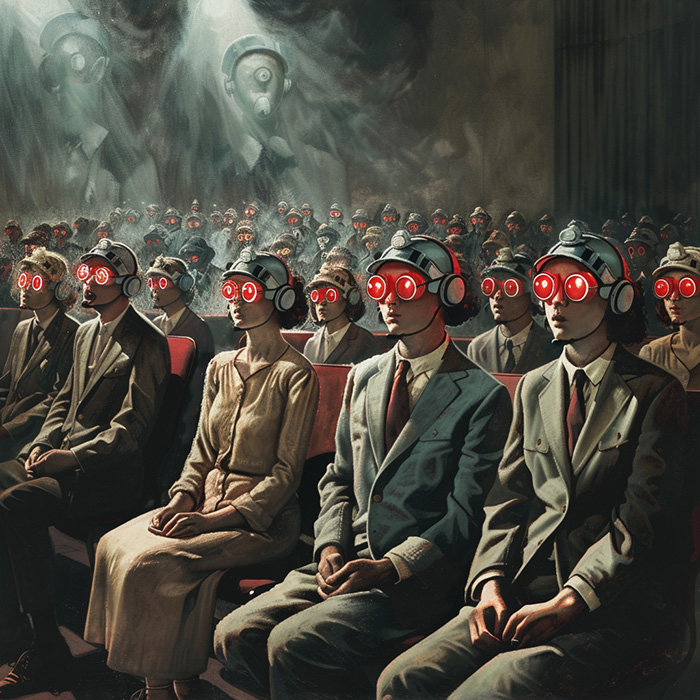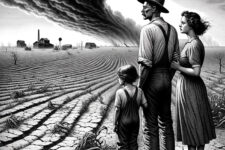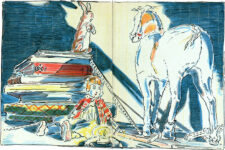
“But I don’t want comfort. I want God, I want poetry, I want real danger, I want freedom, I want goodness. I want sin.”
― Aldous Huxley, Brave New World
This quote from Aldous Huxley’s “Brave New World” is one of the novel’s most poignant moments, capturing the essence of human yearning in the face of a dystopian society that has eradicated most forms of discomfort and suffering at the expense of individual freedom and genuine human experiences.
“Brave New World,” published in 1932, envisions a future where people are engineered in laboratories, conditioned to fit into a strictly hierarchical society, and kept docile by a drug called “soma” which alleviates pain and anxiety, ensuring a stable society free of conflict and suffering.
The character who utters these words is expressing a profound desire for the very aspects of life that the World State seeks to suppress: the complexity and depth of human experiences, which include not only joy and pleasure but also pain, danger, and the moral ambiguity of sin.
By stating “I don’t want comfort,” the speaker rejects the superficial happiness provided by the state, yearning instead for a life that is rich with the full spectrum of human emotions and experiences.
In asking for “God,” the character longs for a spiritual depth and a connection to something greater than oneself, which the secular and technologically driven society has rendered obsolete.
The desire for “poetry” signifies a craving for beauty and expression that transcends utilitarian needs. “Real danger” and “freedom” reflect a longing for autonomy, the ability to make one’s own choices, even if those choices involve risk or lead to failure.
“Goodness” and “sin” point to a wish for moral complexity, the capacity to discern right from wrong through personal experience rather than through societal conditioning.
This quote encapsulates a critical theme of the novel: the inherent value of human emotion and experience, including suffering, in giving life meaning.
Huxley’s work serves as a cautionary tale about the dangers of sacrificing individuality, freedom, and the messiness of human life for the sake of social stability and superficial happiness.
It poses enduring questions about the nature of happiness and freedom, the importance of individuality, and the costs of technological and social progress.









